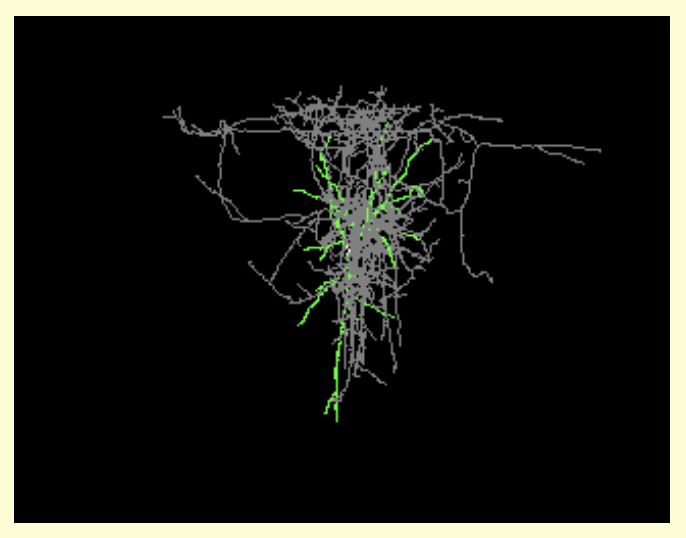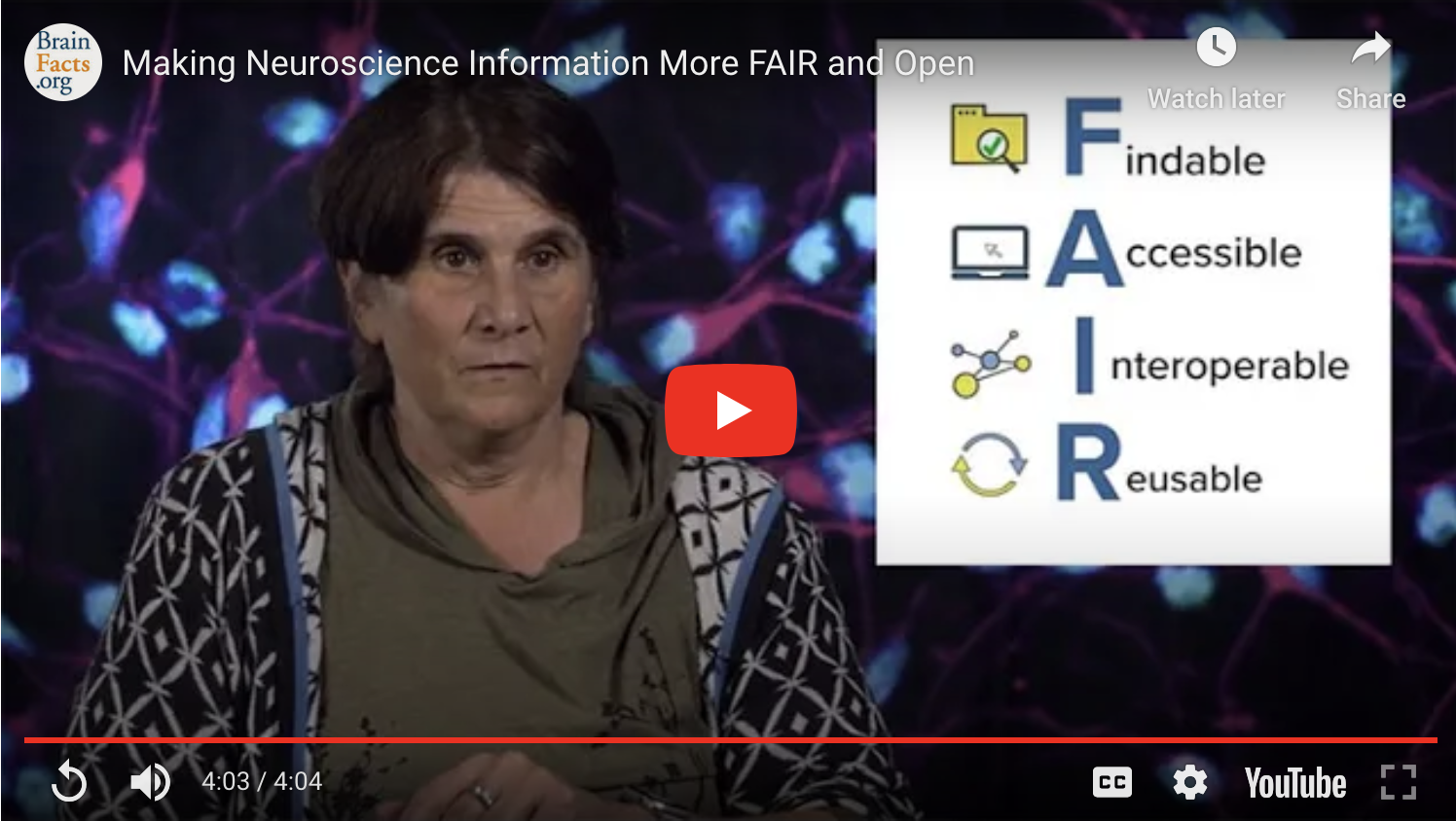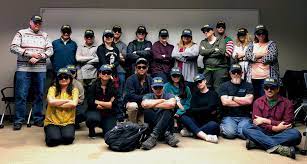URL: https://web.expasy.org/cellosaurus/CVCL_0080
Proper Citation: (RRID:CVCL_0080)
Description:
Sex: Female
Defining Citation: PMID:212188, PMID:327080, PMID:375235, PMID:3335022, PMID:4357758, PMID:6256643, PMID:6825208, PMID:6954533, PMID:8275086, PMID:8378080, PMID:10379870, PMID:11423975, PMID:12068308, PMID:12606131, PMID:14697648, PMID:16888811, PMID:17431109, PMID:19787792, PMID:20164919, PMID:20215515, PMID:21822310, PMID:22142829, PMID:22282976, PMID:22460905, PMID:23882450, PMID:24312454, PMID:24758355, PMID:25010205, PMID:25223734, PMID:25485619, PMID:25877200, PMID:25984343, PMID:26351324, PMID:26428435, PMID:26589293, PMID:26979953, PMID:27397505, PMID:28196595, PMID:30879952, PMID:30894373, PMID:31068700, PMID:31978347, PMID:34413129, PMID:35839778
Comments: Omics: Transcriptome analysis by RNAseq., Omics: Transcriptome analysis by microarray., Omics: SNP array analysis., Omics: shRNA library screening., Omics: Protein expression by reverse-phase protein arrays., Omics: H3K9me3 ChIP-seq epigenome analysis., Omics: H3K4me3 ChIP-seq epigenome analysis., Omics: H3K27me3 ChIP-seq epigenome analysis., Omics: H3K27ac ChIP-seq epigenome analysis., Omics: DNA methylation analysis., Omics: Deep quantitative proteome analysis., Omics: Deep exome analysis., Omics: Array-based CGH., Population: Caucasian., Part of: Naval Biosciences Laboratory (NBL) collection (transferred to ATCC in 1982)., Part of: MD Anderson Cell Lines Project., Part of: COSMIC cell lines project., Part of: Cancer Dependency Map project (DepMap) (includes Cancer Cell Line Encyclopedia - CCLE)., Problematic cell line: Misclassified. Originally thought to be a rhabdomyosarcoma cell line but shown to be from an Ewing sarcoma (PubMed=10379870; PubMed=12606131; PubMed=14697648)..
Category: Cancer cell line
Expand AllWe found {{ ctrl2.mentions.total_count }} mentions in open access literature.
We have not found any literature mentions for this resource.
We are searching literature mentions for this resource.
Most recent articles:
{{ mention._source.dc.creators[0].familyName }} {{ mention._source.dc.creators[0].initials }}, et al. ({{ mention._source.dc.publicationYear }}) {{ mention._source.dc.title }} {{ mention._source.dc.publishers[0].name }}, {{ mention._source.dc.publishers[0].volume }}({{ mention._source.dc.publishers[0].issue }}), {{ mention._source.dc.publishers[0].pagination }}. (PMID:{{ mention._id.replace('PMID:', '') }})
A list of researchers who have used the resource and an author search tool
Find mentions based on location

{{ ctrl2.mentions.errors.location }}
A list of researchers who have used the resource and an author search tool. This is available for resources that have literature mentions.
No rating or validation information has been found for A-673.
Misclassified
Problematic cell line: Misclassified. Originally thought to be a rhabdomyosarcoma cell line but shown to be from an Ewing sarcoma (PubMed=10379870; PubMed=12606131; PubMed=14697648).
Discontinued
Discontinued: ATCC; CRL-7910
Source: Cellosaurus





